

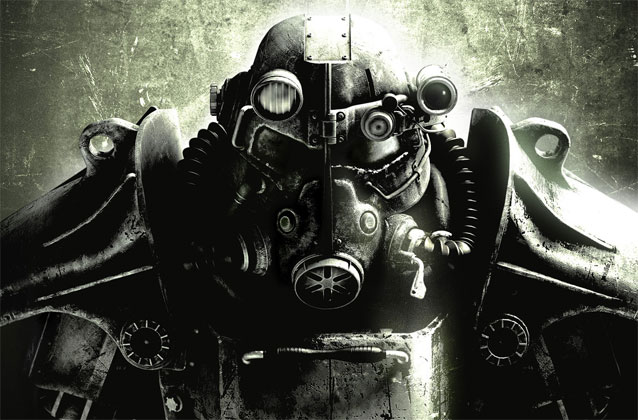
Games like the The Witcher and the critically acclaimed Dragon Age have been touted as revolutionary to the role-playing genre for their freedom and multilinear narrative experience. In some ways, they deserve this praise, as they have clearly done a lot for the genre.
However, in other ways, they don't.
To examine Dragon Age, 2009's RPG of the Year, it quickly becomes apparent that this is a game that relishes dialogue. Every word, spoken or written, is wrapped up in an intricate system of choices and consequences. Sadly, the choices frequently lead to little variance in outcome.
An encountered guard may be made to flee, be bribed to leave, or give up his life in a fight against you depending on the chosen dialogue option. One of these choices might merit disapproval from Morrigan, while another could earn you a shiny new sword. However, while the narrative vehicle differs, the end result is that the guard is removed--he is no longer an obstacle in your path and you are free to proceed to the next checkpoint of the game.
Once in a while, however, major choices will have long-term and tangible effects as they impact the end-game. For instance, players can have either Elves or Werewolves to fight as allies alongside their party during the final battle against the Darkspawn depending on the choices they make in the Brecilian Forest.
Although rare, this is arguably impressive--few games offer such choice with such a direct outcome. But while it is impressive, it's been done before. You probably just don't remember.
Or maybe you do.
Designed by Interplay and released in 1997, Fallout comes to mind as exemplary of this concept. Created more than a decade before Dragon Age saw the light of day, Fallout laid much of the groundwork from which modern RPGs are built. Fallout is richly engrossing and exceedingly deep, and creates a world that the player defines. Simply put, Fallout offers choices. A lot of them.
Set in a post-apocalyptic wasteland--one where survivors sift through cans of expired food just to stay alive--these weakened people have banded together to create society and order once more, but they are threatened. Raiders, intent on violence, roam the wasteland for hapless prey and threaten to upset the resurgence of civilization.
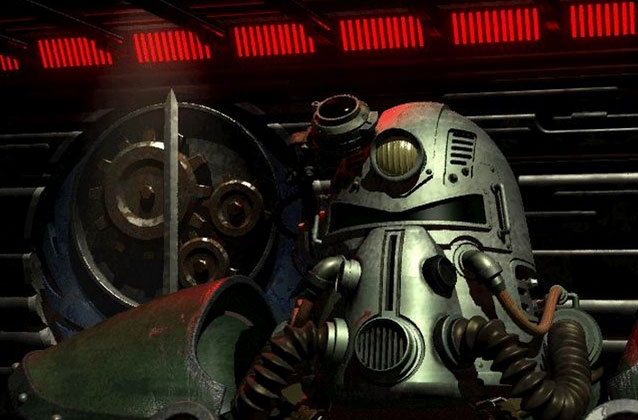
The game highlights this conflict when Tandi, the adolescent daughter of Aradesh, leader of the wasteland town of Shady Sands, is kidnapped by one such group--the Khans.
Helpless and vulnerable, Aradesh needs someone to save Tandi, and the player happens to be there. A decision must be made, and the player can save her or ignore the opportunity completely. The latter would not yield a positive outcome, of course. The player will be expelled from town by Aradesh, and unspeakable things will happen to Tandi, but it is an option, nonetheless. She can be saved out of a sense of justice, or ignored if the player wishes to be more of a mercenary, and use the opportunity to earn a few bottlecaps.
As a hypothetical, imagine playing this game back in 1997. Let's say you choose to save her. After making your way to the bandit camp after journeying several miles through the dead lands, the game offers you even more choices, this time strategic ones. You may approach the raiders boldly in broad daylight or choose a stealthier approach, slinking in the shadows after nightfall when the sentries are fast asleep.
Approaching the camp during the day alone yields the choice to converse with the leader of the Khans. This conversation can lead to several possible immediate outcomes. If your Speech skill is high enough, you can either intimidate (through Strength) or persuade (through Charisma) the Khan to release Tandi under your charge. Lacking these skills, you can choose to bribe the Khan with some bottlecaps, knowing you are outmatched and outgunned, but that you’ll likely receive compensation for success from Tandi's father.
Armed with your companions Ian and Dogmeat by your side, you can kill him in broad daylight and offer the rest of the Khans a similar fate as you fight your way through the camp to rescue Tandi. Through force, you can raid their safes and loot their corpses as you emancipate Aradesh’s lost daughter.
The other option is to proceed alone through the camp at night, and open the cell in which Tandi is kept, freeing her. This provides a whole new subset of choices. Escaping the notice of the sleeping Khans, you can make it back to Shady Sands under the cover of darkness without spilling a single drop of blood. A more brutal approach would have you murdering each and every one of them in their sleep, slashing their throats as they remain unaware of your presence as the grim reaper. An even crueler option still would be to plant cooked grenades on their sleeping bodies, timed perfectly with your escape for an explosive and gory mix.
These choices already yield more options than anything Dragon Age has to offer, without even touching upon how the possible decisions affect the endgame. Interplay designed the Fallout in 1996, and released it in 1997 -- over a decade before Dragon Age saw the light of day.
Against the choices you had as a player a decade ago, RPGs today are miles away from offering the same freedom and lack of narrative restriction as the aforementioned Fallout. Of course, not every game was like this. Fallout was one of two games offering this much freedom. The other was Fallout 2.
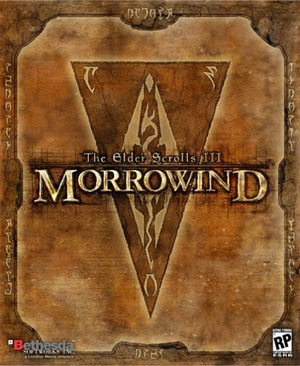
Morrowind, a “revolutionary” game, offered a large world and an expansive setting, but the player never had any real choice as to how the story played out. There was the option to venture into any number of dungeons, and to equip one's party with any number of classes and equipment, but the narrative was always restricted by its linearity. Death was always on the plate for Dagoth Ur.
Deus Ex, another game often touted as revolutionary, featured a multilinear storyline forking at the game’s finale into three separate, yet wholly unfulfilling endings. The choice was cheapened by the fact it happened literally moments before the credits rolled. Players could choose to save the lead character's brother Paul or let him die, but the option had no bearing on the ending.
I am not saying that Deus Ex, Morrowind and Dragon Age are not good games. Far from it. However, I am saying that it is difficult to call them revolutionary. They are RPGs hampered by the lack of any meaningful choices. Featuring a system of choices and repercussions, Dragon Age is a forward leap in terms of player agency, but it still lacks narrative freedom.
By contrast, Fallout is only linear in the sense that the sun will always rise in the east, and set in the west. The player will always have to retrieve the Water Chip to save Vault 13, and The Master’s supermutant army will always threaten to overrun the wastes.
But what happens during the day, between the time when the Vault Dweller walks out into the wastes and returns home thereafter is completely up to the player. The player’s footprint has a visible impact in the wasteland sand. In the protagonist’s shoes, your choices are only ever limited by objective reasons within the narrative, which are never arbitrary.
If anything, Fallout is a forgotten revolution, and it’s about time that someone else picked up the torch. After so many false revolutions, the genre deserves a new champion.
[Editor's note: This piece originally appeared at Hellmode on 5/11/2010. Gameranx was not aware at the time. We regret this error. Originally written for Hellmode, and edited by Ashelia.]
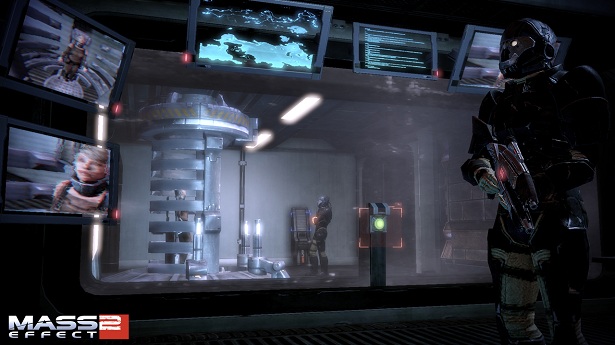
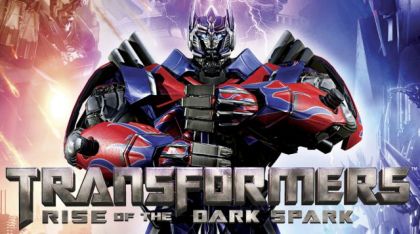

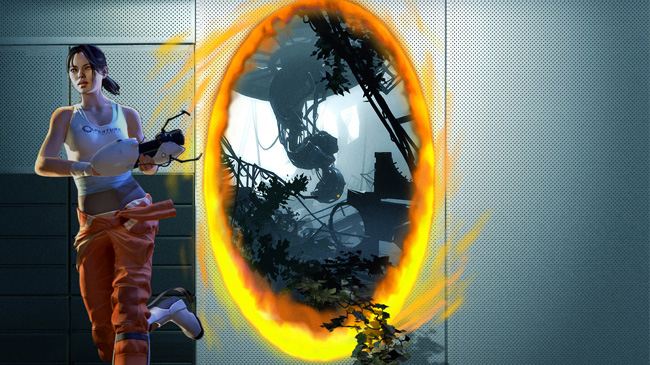
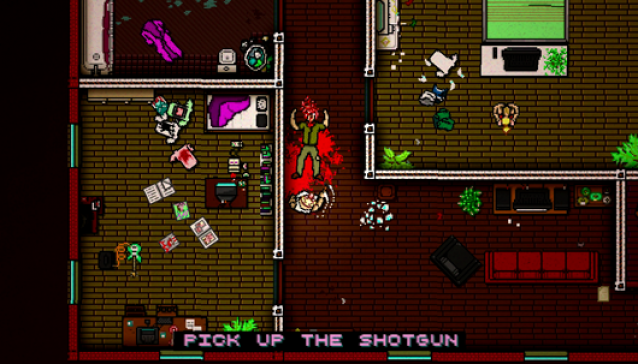 Hotline Miami 2 Preview: Something Rotten From the State of Denmark
Hotline Miami 2 Preview: Something Rotten From the State of Denmark How to Use Mint Bills to Manage Your Bills Like a Pro
How to Use Mint Bills to Manage Your Bills Like a Pro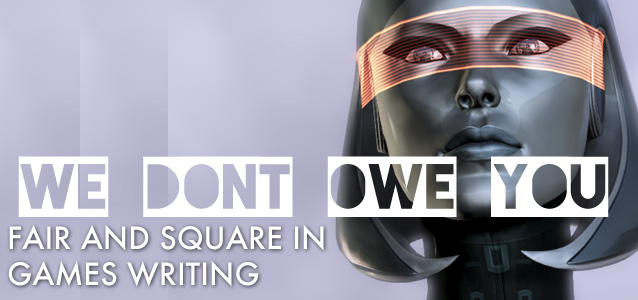 We Dont Owe You: Fair and Square in Games Writing
We Dont Owe You: Fair and Square in Games Writing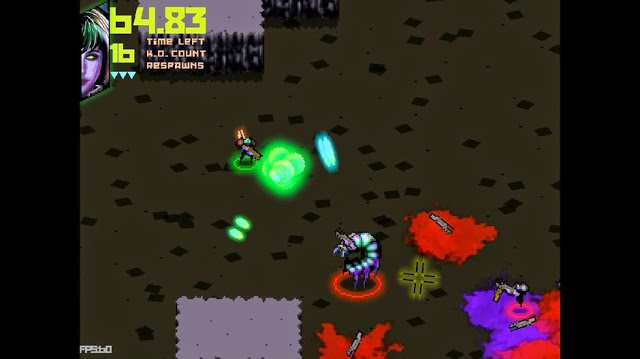 Ubermosh (PC) demo review
Ubermosh (PC) demo review How To Upgrade To Windows 10 For Free From Windows 7 and Windows 8/8.1
How To Upgrade To Windows 10 For Free From Windows 7 and Windows 8/8.1